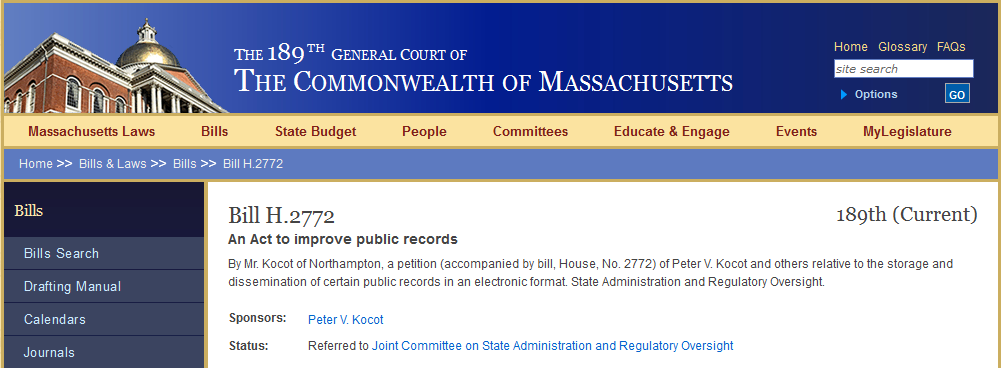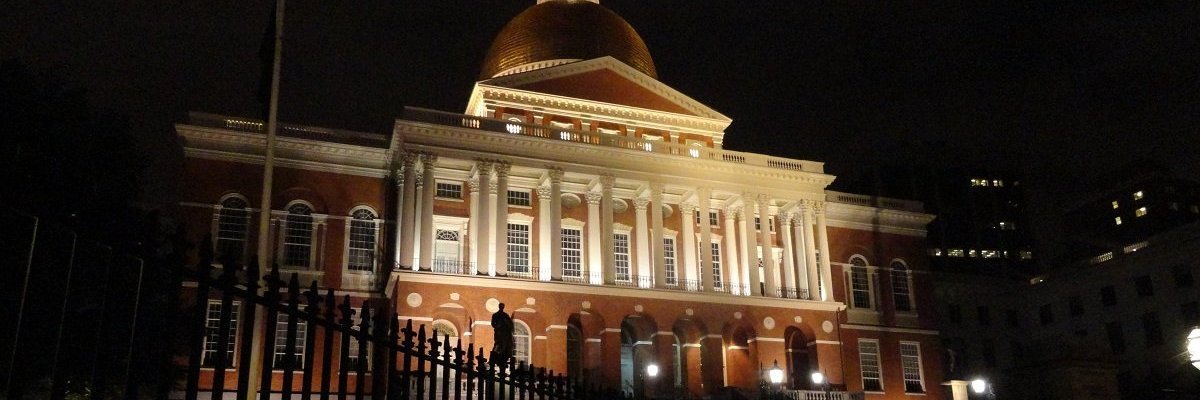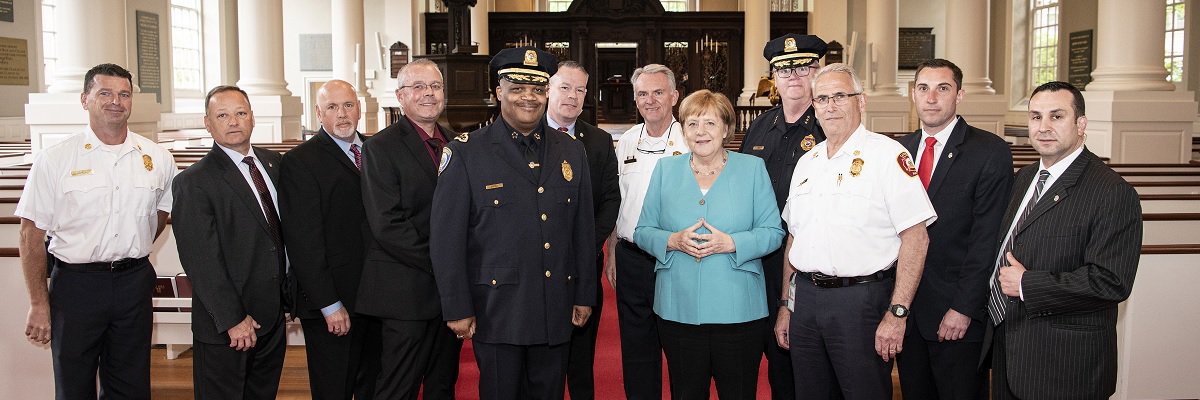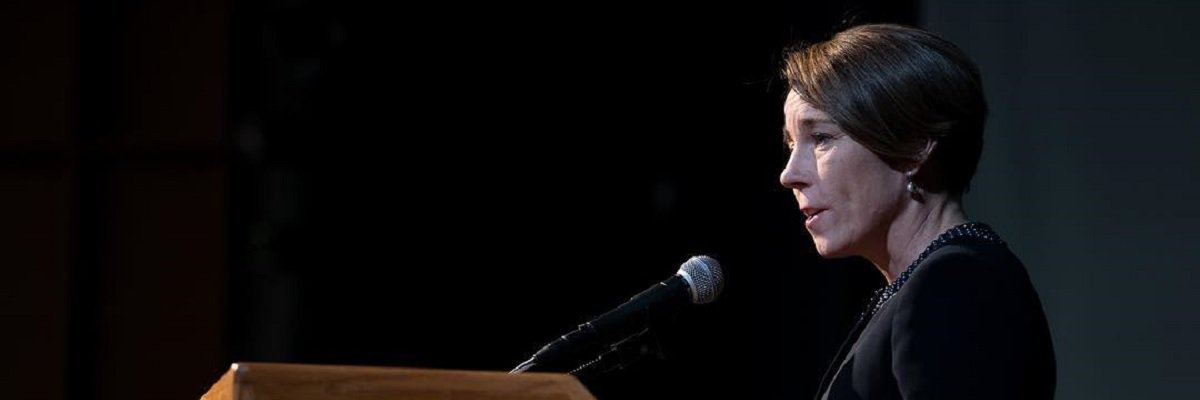Massachusetts entered its long thaw just in time for the 10th annual Sunshine Week, when the the national focus turns to the public’s access to its government. Amid the open dialogue about just how that whole “democracy for the people” thing is working so out far, at least one thing is perfectly clear: things could be better in the Bay State.
Last week, The Boston Globe reported that the office of Secretary of State William Galvin, the arbiter of public record disputes, had decided to exempt records related to criminal charges from disclosure. Discretion falls to individual police chiefs to release what they like, which means, among other things, that when a fellow police officer has committed a crime, the public isn’t entitled to know.
Two days later, The Boston Globe, The Boston Herald, and The Patriot Ledger coordinated their editorials to denounce the decision as a threat to journalism’s ability to inform the public about their government and their safety.
It’s not just the police force that needs to be subject to public accountability in a democracy - from having a say in how the Olympics proceed to how the Green Line is run to knowing whether your town is doing something about its gas leaks, consideration of public information is necessary for having a useful conversation about how the State should being moving forward.
Down on Beacon Hill, a number of bills have been introduced to address record reform, many of them resubmissions from last session, when the issue didn’t draw too much attention. Although people from all parties and persuasions agree that public access is important, the sense of urgency is diminished when considered alongside more visible, less abstract issues - an obstacle facing public records reform not just in Massachusetts, but across the nation - even though increased public accountability and access to data and information has wide-reaching practical impact.
“It’s an education process,” says Representative Kocot, whose bill H. 2772 — which received input from the ACLU of MA, Common Cause of MA, and the MA Newspaper Publisher’s Association — currently has 45 co-sponsors. “The legislators have a ton of stuff thrown on them and some of them are crisis issues. We always spend a lot of time on the budget. We’ve spent a lot of time on Mass Health and Medicare. It’s a challenge to try to bring issues like this on the list of five or ten things we’re working on. But now you’ve got 45 sponsors. You’ve got more and more people cognizant and aware of public records.”

The bill would create stricter consequences for those agencies which do not comply with records laws, imposing higher fines on the custodians of records that fail to deliver and awarding attorney’s fees to those requesters that successfully challenge a record denial in court. Other bills offer various adjustments to the system, such as Representative Cabral’s bill, which would establish an appointed commission to serve as the Supervisor of Public Records or Representative Josh Cutler’s bill, which challenges the denial of disclosure of domestic violence perpetrators in police logs. Other bills introduced relate to drone use, police-worn body cameras, and public disclosure of charter school documents, circling the questions of technology and privacy in government and daily life.
In Washington D.C., the President kicked off Sunshine Week by making it the official policy to exempt the Executive Office of the President from the Freedom of Information Act, the federal open access law signed in on July 7, 1966. Not a great move, but at the national level, the FOIA systems in place have taken flak, and in part it has to do with the difficulties the government has had keeping up with technology. More, not fewer, people will be making requests, and they’ll be making more of them. Now, twenty-some years into the Internet, the government is finally catching up to the modern age, and it’s feeling the stress. But, as with other issues of infrastructure, the resources need to be invested now to prevent even greater failure in the future. It’s a practical issue, that can be dealt with at home, if not in Washington.
“One thing that has dragged down the progress is when agencies, the entities that are in charge of funding them, they look at this issue. They’re already looking at the cost of changing a paper system to an electronic one,” Kocot said. “To them, it’s not ‘Is it morally right?’ but ‘What does this cost? What does it do to our budget? How many people will have to be hired?’”
Hearings on the bills won’t be conducted until later this spring, when members of the public will have the opportunity to speak on them. To be kept up-to-date on issues of public record in Massachusetts and across the country, subscribe to our newsletter or get in touch at info@muckrock.com.
In the Boston area? Join us tonight for our Sunshine Week Meet-Up at Firebrand Saints in Kendall Square
Image by Kevin Rutherford via Wikimedia Commons and is licensed under CC BY-SA 4.0




